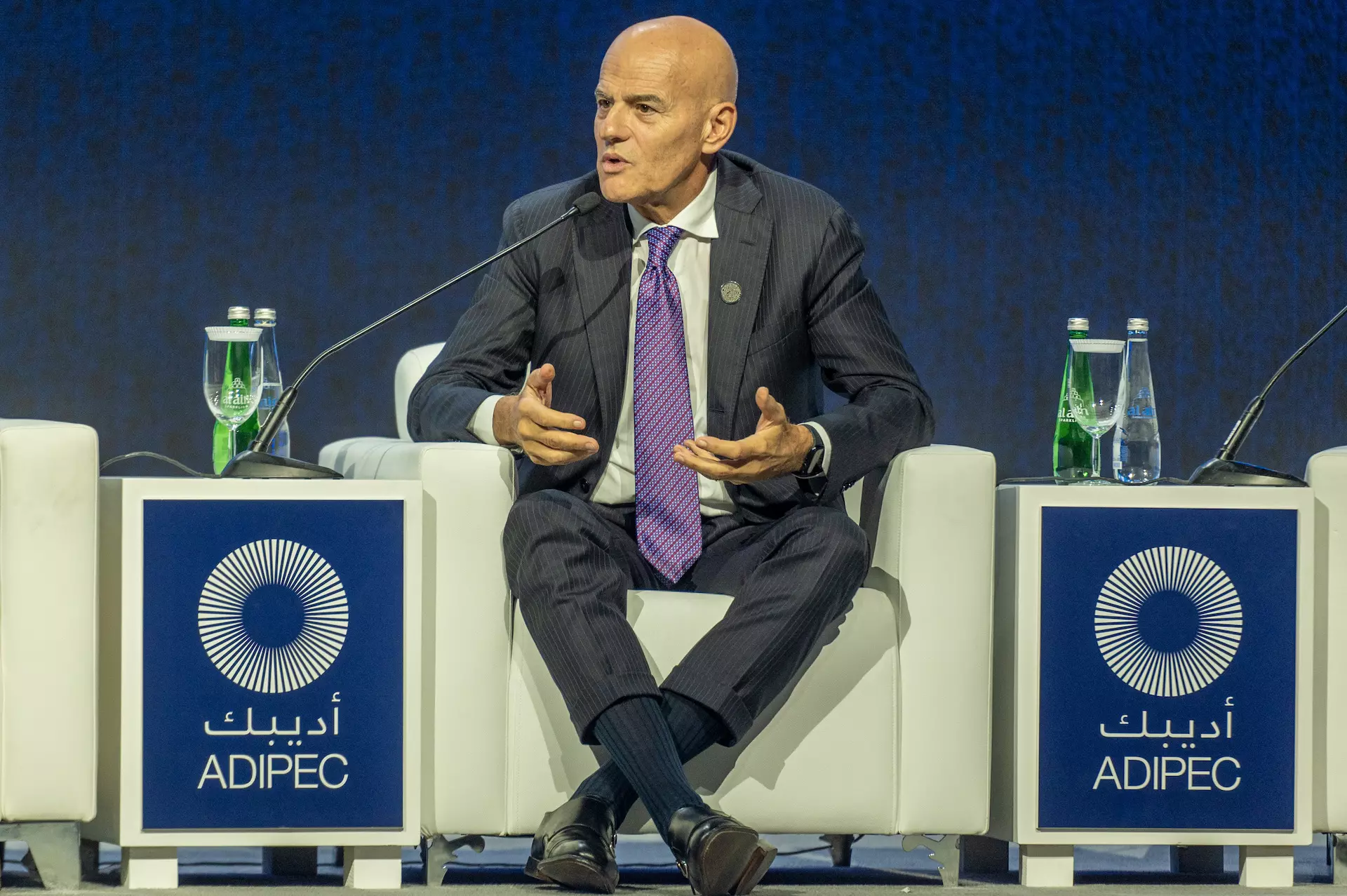https://www.lifegate.it/eni-biocarburanti
- |
- Eni's projects related to the production of biofuels are part of the activities promoted by the Mattei Plan.
- The Italian multinational has chosen biofuels to achieve climate neutrality by 2050.
- But an investigation by Transport&Environment reveals that such projects in Africa are failing.
Eni is one of the largest fossil fuel companies in the world and a major producer of CO2 emissions.The multinational controlled by the Italian state has placed biofuels at the center of its strategy to reach the goal of net zero greenhouse gas emissions by 2050, aiming to increase current biofuel production fivefold.Yet, as revealed by an investigation by the NGO Transport&Environment, Eni's investments in biofuels in Africa are not bringing the expected results, both in quantitative terms and in terms of impact on the territory.

What does Eni's strategy on biofuels include?
Eni plans to become a global leader in the production of “sustainable fuels” by 2035.Vegetable oils are the basis for such fuel blends which, according to official estimates, are expected to emit between 60 and 90 percent less carbon dioxide than conventional fossil fuels.
Biofuels have received a boost Cop28, the United Nations climate conference held in Dubai, United Arab Emirates, in December last year, where countries were urged to “accelerate” the use of “zero- and low-carbon fuels well before or by mid-century."The Italian government has promoted biofuels as a climate solution even before COP28, as demonstrated by Italy's opposition at the stop to the thermal engine expected by 2035 and biofuels are also part of the strategic plan known as Mattei Plan, in which it is expected to collect the majority of agricultural production destined for biofuels from the African continent.
Eni wants to transform Africa into a “agrihub”, a neologism that recalls the one used by the Meloni government during the presentation of the Mattei Plan, when it defined Italy as an "energy hub" in the Mediterranean:in this case, the idea is to make the continent a center where vegetable oils can be collected, aggregated, pressed and exported from non-edible crops (castor, croton and cotton), as well as cooking oil used by restaurants and hotels, into fuel and shipped to the Italian biorefineries of Gela and Venice.
.According to the plans of the multinational, these oils would be intended to replace traditional raw materials for biofuels, including palm oil, which Eni has previously relied on and which have long been shown to cause deforestation and damage biodiversity.
Eni's "failure" in Africa, according to Transport&Environment
Eni's biofuel strategy focuses heavily on two African countries in particular, Kenya and the Republic of Congo.Yet, Transport&Environment points out, in these two African countries the company struggles to achieve its industrial development objectives:in Kenya, where two vegetable oil production plants are already operational, only 24.5 percent of the production target for 2023 was achieved, or less than a quarter of what was expected.Furthermore, in the plans announced by the company, 20 thousand tons should have been reached last year, while for 2027 the aim is for 200 thousand.Instead, according to what emerges from T&E, shipments departing from Kenya amount to 7,348 tonnes.
In the Republic of Congo things are even worse:here, Eni has not moved beyond the pilot phases and has yet to release the funds for the project, probably due to the disappointing results of the experimental tests.From the Republic of Congo, therefore, it hasn't been shipped yet not even a gram of raw material.
The case of castor stands out above all:albeit promoted as a new source of income for small farmers and a drought-resistant crop, the cultivation of this plant has actually been a source of disappointment for many of them, precisely because of the drought it was supposed to resist, but also because of the low yields and insufficient technical-operational support from Eni, as highlighted by the NGO with field interviews.In the Republic of Congo, however, local farmers claim that the land has been cultivated expropriated by the government in favor of the multinational agricultural companies with which Eni collaborates.
Biofuels satisfy less than 2% of Italian needs
In addition to reducing its environmental impact, Eni aims to produce biofuels for sustainable aviation (the so-called Saf, Sustainable aviation fuels), a product the company planned to launch as early as 2024.Furthermore, Eni recently signed an agreement with the airline Ryanair for the supply of 100 thousand tonnes of Saf between 2025 and 2030.
Yet, biofuels are not taking off.And this is not a recent trend.In Eni's latest accounts filed with the SEC, the supervisory body of the US stock exchange where Eni is listed, it is written that biofuel production in 2022 amounts to 428 thousand tonnes, down from 585 thousand in 2021.Furthermore, broadening our gaze, alternative fuels represent a small percentage of Eni's potential:in the 2023-2026 strategic plan, investments in biofuels can count on 3.4 billion euros compared to the 23 destined for traditional oil & gas.The real contribution of biofuels, on the other hand, is marginal even in Italy, as it covers only 1.7 percent of national needs.
Overall, concludes T&E, “Eni's apparent failure to reach its ambitious agricultural production targets in Africa so far questions the feasibility of growing biofuel crops at the scale necessary to achieve significant emissions reductions in the transportation and aviation sectors.”In short, Eni and the Mattei Plan must take other paths, if we want the energy transition and Italy-Africa cooperation not to remain words thrown to the wind.But above all "it is in the sharing of prosperity, in equality in prosperity" that the success of cooperation policies lies, to use the words of Moussa Faki, president of the African Union Commission, pronounced during the presentation of the Mattei Plan by the Meloni government.Plan which, as Faki recalled, did not involve African institutions.
